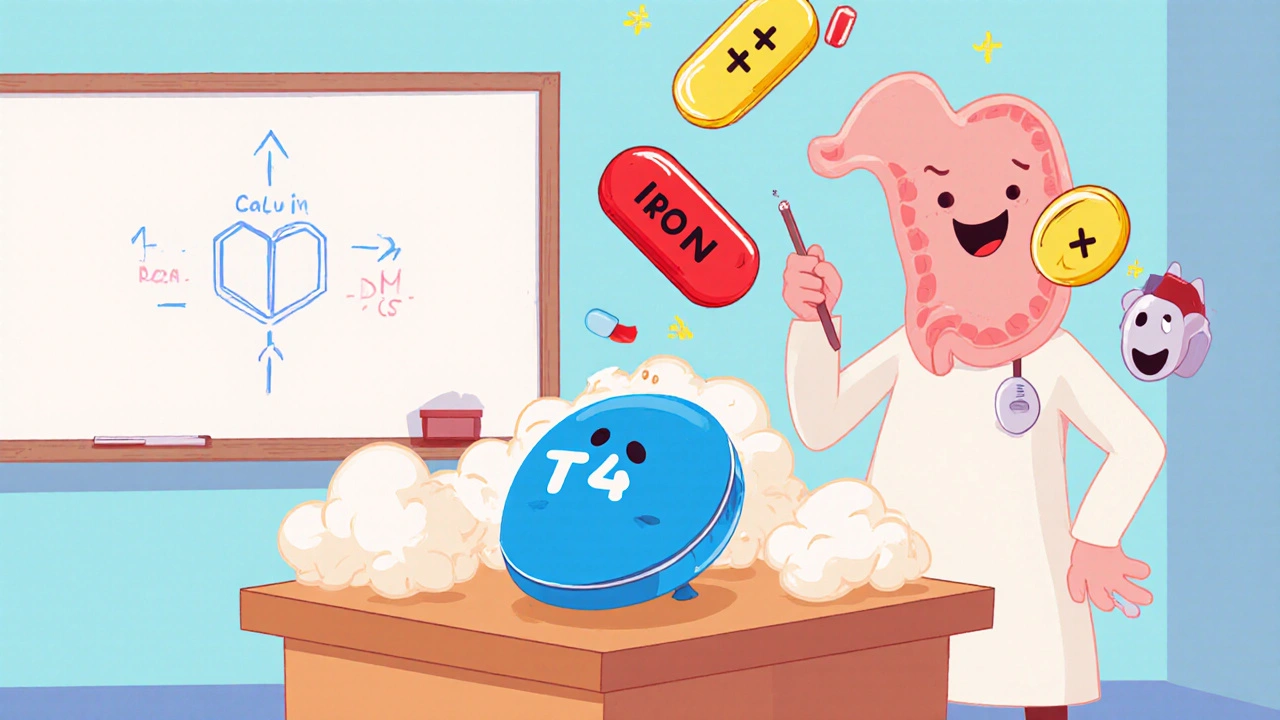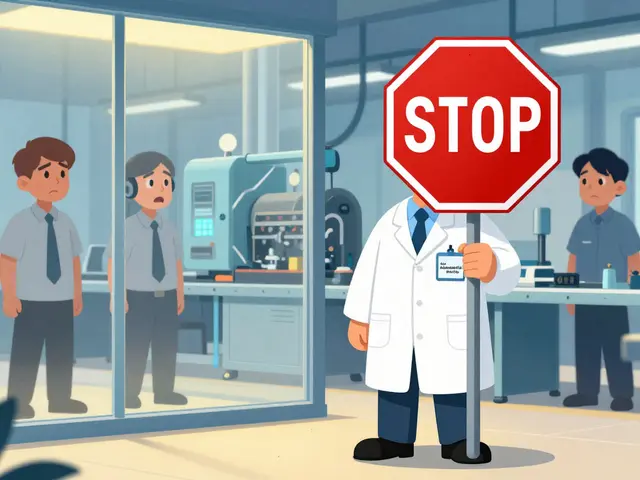Levothyroxine: What It Is, How It Works, and What You Need to Know
When your thyroid doesn’t make enough hormone, your body slows down—fatigue sets in, weight creeps up, and even simple tasks feel harder. That’s where levothyroxine, a synthetic version of the thyroid hormone thyroxine used to treat underactive thyroid. Also known as T4, it’s the go-to medicine for millions with hypothyroidism, a condition where the thyroid gland fails to produce enough hormones. It’s not a cure, but it replaces what your body can’t make, helping you feel like yourself again.
Levothyroxine doesn’t work the same for everyone. Dosing depends on age, weight, other health issues, and even what time of day you take it. Some people need 25 mcg. Others need 150 mcg or more. Your doctor will start low and adjust slowly because too much can cause heart palpitations, bone loss, or anxiety. It’s not a quick fix—you might wait weeks before you feel better. And it’s not something you can skip. Missing doses or switching brands without checking with your doctor can throw your levels off. That’s why regular blood tests are part of the routine. TSH (thyroid-stimulating hormone) levels tell your doctor if your dose is right.
Levothyroxine often shows up in discussions about other thyroid meds like liothyronine (T3) or natural desiccated thyroid (NDT). But most guidelines still recommend levothyroxine as the first choice because it’s stable, predictable, and backed by decades of research. It’s also the most affordable option, especially as a generic. Still, some people don’t feel right on it alone—some need T3 added, others switch to NDT. That’s where personal experience matters. The posts below cover real stories and science on how levothyroxine fits into broader thyroid care, what to watch for, and how it compares to other treatments.
It’s not just about the pill. What you eat, when you take it, and even other medications you’re on can affect how well levothyroxine works. Calcium, iron, soy, and even coffee can block absorption. That’s why most doctors tell you to take it on an empty stomach, 30 to 60 minutes before breakfast. It’s a small habit, but it makes a big difference. And if you’re pregnant, managing your dose becomes even more critical—your baby depends on your thyroid levels in the first trimester.
Below, you’ll find real comparisons and practical advice from people who’ve been there. Whether you’re just starting levothyroxine, struggling with side effects, or wondering if there’s a better option, the posts here give you the facts without the fluff. No hype. No guesswork. Just what you need to know to take control of your thyroid health.
Generic medications save money but aren't always identical in how they affect your body. For some drugs, even small differences in absorption can cause serious side effects-especially for people on thyroid, seizure, or blood-thinning meds.
Learn why iron and calcium can sabotage levothyroxine, the exact timing rules to keep your thyroid medication effective, and practical tips for daily management.







